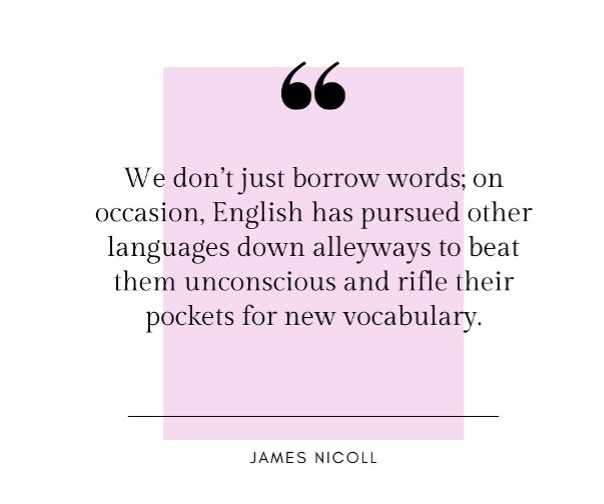Celebrating the English Language Day
22nd April 2021
The English language is celebrated on the 23rd of April, the date of the birthday and death of William Shakespeare. It also coincides with the World Book Night.
William Shakespeare had an enormous influence on the modern English language. Some of the words and phrases he created back in the 16th and 17th centuries are still in use today. Words such as ‘gossip’, ‘fashionable’ and ‘lonely’ were all first used by Shakespeare. He also invented phrases like ‘break the ice’, ‘all our yesterdays’, ‘faint-hearted’ and ‘love is blind’.
The English Language Day is a result of a 2010 initiative by the United Nations Department of Public Information, establishing language days for each of the Organisation’s six official languages. The other languages include French, Arabic, Chinese, Russian and Spanish.
The main aim of these language days is to celebrate the cultural diversity and multilingualism of the United Nations.

The English Language Day was created to inform people about the history, culture, words (that perhaps aren’t used anymore) and achievements associated with the English language. The day often involves book reading events, poetry and literature exchanges, English quizzes, and other activities that endorse the English language.
The History of the English Language
English is known to have originated in the 5th century, around the same time as Germanic tribes invaded Celtic-speaking Britain and brought their language with them.
In 1066, French William I became king, and Norman-French became the official language of the courts. People struggled to understand each other at first, because the lower classes continued to speak English, while the upper classes spoke French. Gradually French began to influence English. As a result, an estimated 45% of all English words have a French origin.
The spread of the English language started during the European colonial period. Alike other European countries, England competed to expand its empire. Part of this expansion was achieved by stealing land, labour and resources from people across Africa, Asia, the Americas and Oceania.
By the mid-20th century, the time former British colonies began to gain independence, English had become established in their institutions. Many excellent writers from Asia, Africa and the Caribbean had started writing in English, telling their stories of oppression. People all over the world started using English to express their personal opinions about justice, freedom and equality. The different varieties of English created through this history of migration and colonisation are known as World Englishes.
Nowadays, more than 1.75 billion people speak English worldwide – that’s around 1 in 4 people around the world.
English has become so powerful, it is now used as the Lingua Franca of the entire world, bringing together everyone for trade and communication.
Why do we celebrate the UN English Language Day?
We celebrate the English Language Dat to appreciate the rich history and diversity of the English language and to promote the use of English as a tool for communication and understanding
- English is a language with a long and fascinating history, and it continues to evolve and grow today. English Language Day is a chance to celebrate this rich heritage and the many different ways that English is spoken around the world.
- English has become a global language of communication, used by people from all over the world to connect with each other. English Language Day highlights the importance of English in bringing people together and fostering understanding across cultures.
How can I celebrate the English Language Day?
- Dive into the history of English. Explore how the language evolved, from its Germanic roots to its global reach today. You can find resources online or at your local library.
- Read a classic English author. Whether it’s Shakespeare, Jane Austen, or Charles Dickens, delve into the works of a famous writer and appreciate their mastery of the language.
- Explore the diversity of English. English has many dialects and variations around the world. Listen to music or podcasts featuring different accents or slang.
- Write a poem or short story. Flex your creative muscles and craft a piece of writing in English.
- Play with words. Engage in word games like Scrabble, Boggle, or crossword puzzles. You can also try online challenges or write funny puns.
- Host a book club. Discuss a favourite English book with friends or colleagues.
- Help someone learn English by offering to practice conversation or help them with grammar.
- Share your favourite English language book with friends or on social media.
